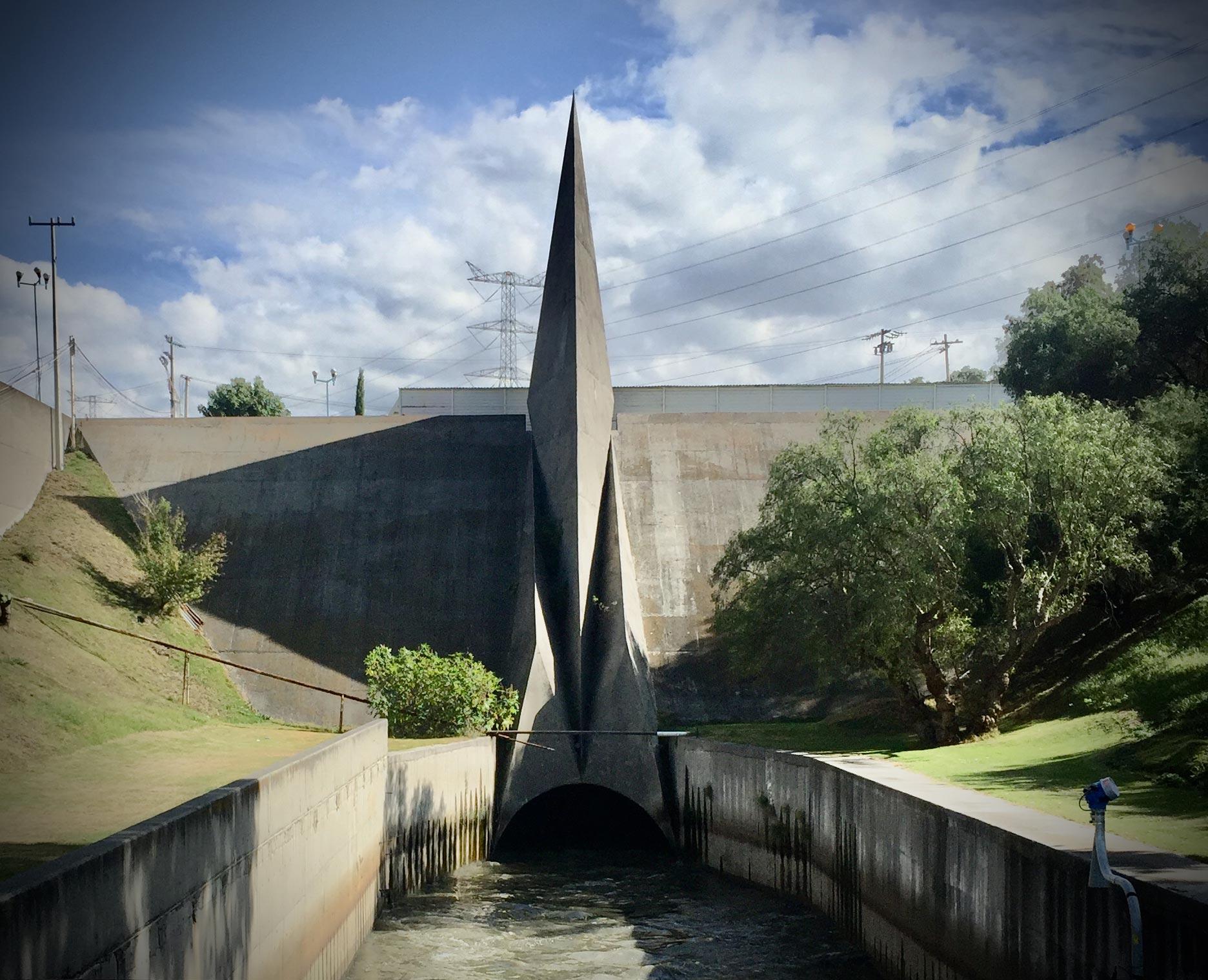More on this Project
Bonvehi Rosich, Montserrat,Seth Denizen, and Gary R. Hilderbrand. “Thinking Through Soil,” Book release at Harvard GSD, Gund Hall Frances Loeb Library Lobby, April 24, 2025. Video, 1:37:55.
Denizen, Seth, Vanessa Agard-Jones, Linda F. Chavez Baca, and Catherine Fennell. “Soil, Land, Fill,” Discussion at Columbia University Graduate School of Architecture, Planning and Preservation, October 20, 2022. Video, 1:47:33.
Harvard University Graduate School of Design, “Episode 1: How Designers are Tackling Climate Change with Restoration Ecology, Food Sovereignty, and Sewage.” Design Now, December 1, 2021. Podcast, 26:45.
Denizen, Seth, Vera Candiani, and Dean Chahim. “Returning to the Lacustrine City in La Ciudad de México.“ Princeton-Mellon Forum on the Urban Environment, Princeton University, September 22, 2021. Video, 1:20:08.
Denizen, Seth. “Wastewater Urbanism.” Institute of Landscape and Urban Studies, Network City and Landscape (NSL), ETH Zurich, March 15, 2021.
Bonvehi Rosich, Montserrat and Seth Denizen. “New Visions for Wastewater Equity in The Mezquital Valley.“ Mexican Cities Initiative (MCI) at the Harvard University Graduate School of Design, February 20, 2021.
Bonvehi Rosich, Montserrat and Seth Denizen. “The Right to the Sewage.” ArcDR3 Lecture Series at xLAB, UCLA Department of Architecture and Urban Design, January 29, 2021. Video, 1:18:42.
Denizen, Seth. "Thinking Through Soil: Case Study from the Mezquital Valley." Kiley Fellow Lecture at the Harvard University Graduate School of Design, Cambridge, MA, September 21, 2020. Video, 1:14:58.
Anderson, Alex. “The Right to Sewage: Agriculture, Climate Change, and the Growing Need for Cities to Embrace Wastewater Reuse.“ Harvard University Graduate School of Design, September 2, 2020.






